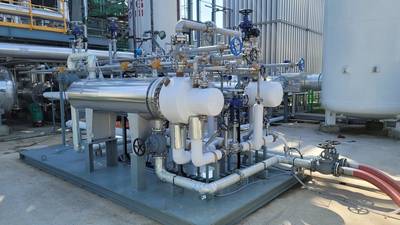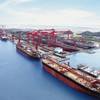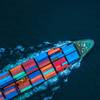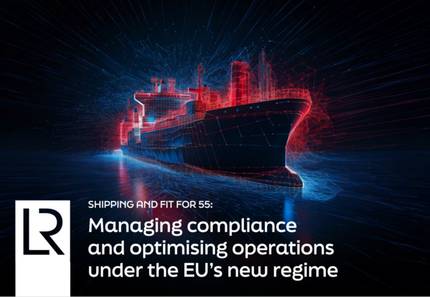KSOE's New LNG Fuel Supply System Gets DNV AIP
Korea Shipbuilding & Offshore Engineering (KSOE) and its subsidiary Hyundai Heavy Industries (HHI) have received an approval in principle (AIP) from DNV for their newly developed waste heat-derived liquefied natural gas (LNG) fuel supply system Hi-eGAS (Hyundai High Efficient Gas Supply System) for 300K very large crude carriers (VLCC).
Currently, LNG fuel propulsion ships have used boilers to make hot steam, which has converted LNG into a gas at room temperature to supply a ship’s engine. However, this process has the disadvantage of increasing fuel costs and carbon emissions.
The concept of the waste heat of engine cooling water as a heat source for LNG-fueled ships has been trialed previously, but commercialization was not successful due to concerns that engine performance could be negatively affected.
Hi-eGAS consists of a safety system in which the engine will continue running normally in the event of an incident to the LNG fuel system, such as forcing vaporizer leakage or failure of the JCW booster pump, temp and pressure control valves.
The system utilizes a new heat exchanger with low freezing risk, which KSOE and HHI developed in cooperation with domestic equipment companies.
KSOE successfully completed a 24-hour demonstration test last year at the LNG Cryogenic Mechanical Testing Certification Center at the Korea Institute of Machinery and Materials under the same conditions as the maximum fuel supply for large ships.
“KSOE and HHI are leading the development of reducing carbon emissions and high-efficiency ship technology that increases the competitiveness of LNG fuel propulsion ships. I believe that AIP of this technology, proven by DNV, can provide more confidence in stakeholders' choices and support shipping industries to lower fuel price and CO2 emissions,” said Byeongyong Yoo, Vice president of KSOE.
As the International Maritime Organization's environmental regulations, especially on ships’ carbon emissions, are tightened, LNG is expected to become a primary fuel for ships. In total, 805 LNG-fueled vessels are on order or in operation, with a further 229 LNG-ready vessels, according to DNV’s Alternative Fuels Insight (AFI) platform. In 2022 alone, more than 150 vessels were ordered with LNG as ship fuel.
“DNV aims to support the transition of the shipping and shipbuilding industries to a cleaner, green future. Our role is to ensure the new technology will offer better solutions to the maritime industry in a continually evolving fuel landscape,” said Vidar Dolonen, Regional Manager DNV Maritime Korea & Japan.












